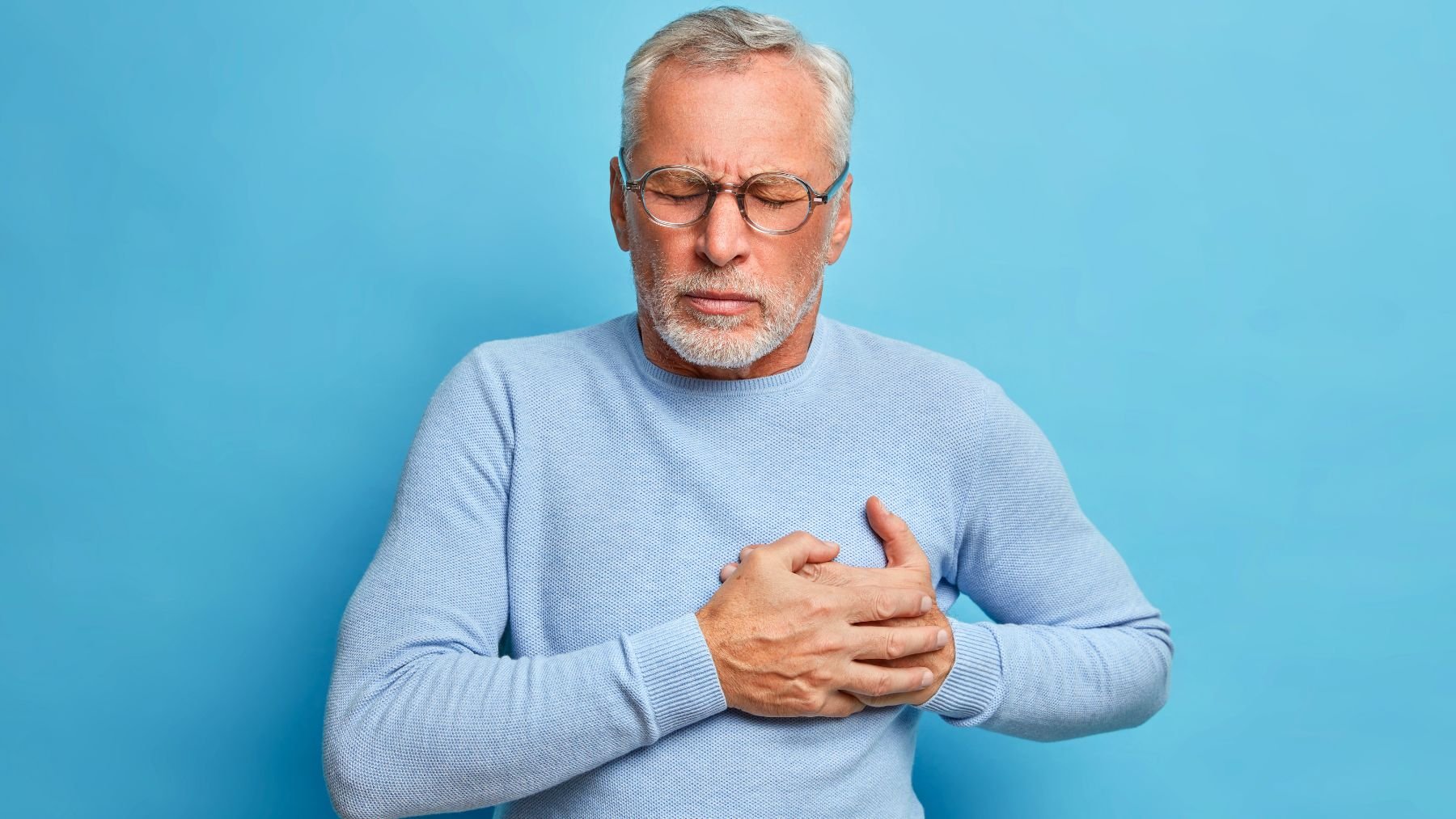Chest discomfort is one of those symptoms many people brush off, thinking it’s stress, indigestion, or muscle strain. But persistent chest pain or pressure is not something to ignore. Cardiologists across the US warn that this single sign could be your body’s way of signaling a serious problem.
Heart disease remains the leading cause of death in the United States, according to the CDC. While not every ache in the chest means a heart attack, ongoing or unexplained pain deserves urgent attention. Let’s cover why doctors take this symptom so seriously, what conditions may be behind it, and what steps to take if it happens to you.
Why chest pain is a sign that should never be ignored
Doctors emphasize that chest pain is one of the most important warning signs in medicine because it can point to conditions that require immediate treatment. The pain may feel like pressure, heaviness, squeezing, or burning. For some people, it radiates to the arm, jaw, back, or even the stomach. Shortness of breath, nausea, dizziness, or sweating often accompany it.
The most concerning possibility is a heart attack. Blockages in the coronary arteries can limit blood flow to the heart muscle, causing damage if not treated quickly. Angina, another common diagnosis, occurs when narrowed arteries reduce the blood supply to the heart. Both conditions can put your life at risk if ignored.
Chest pain can also signal other health issues. Pulmonary embolism, a blood clot in the lungs, can cause sudden and intense chest discomfort along with breathing difficulties. Severe cases of pneumonia or other lung infections may trigger similar symptoms. Gastroesophageal reflux disease (GERD) and musculoskeletal problems are less dangerous causes, but because the pain feels so similar, doctors insist on ruling out cardiac issues first.
What to do if you notice chest pain
If you experience persistent or unexplained chest pain, take immediate action. Doctors stress that waiting it out or hoping it passes is risky. Here’s what specialists recommend:
- Call 911 right away if chest pain lasts more than a few minutes, keeps returning, or is accompanied by shortness of breath, sweating, or fainting. Emergency services can begin treatment on the way to the hospital.
- Chew an aspirin if advised by a healthcare provider. Aspirin can help slow blood clotting during a suspected heart attack, but only take it if you are not allergic and a doctor has previously cleared you to do so.
- Avoid driving yourself to the hospital. Emergency responders are trained to handle sudden changes in condition and can provide life-saving care before arrival.
- Keep track of your symptoms—when they started, what the pain feels like, and what makes it better or worse. This information helps physicians in the emergency department make a faster, more accurate diagnosis.
- Follow up with a cardiologist even if emergency tests rule out a heart attack. Chest pain should always be evaluated further to identify underlying issues such as arrhythmias, heart valve problems, or non-cardiac causes.
Ignoring chest pain can cost precious time in situations where every minute counts. The American Heart Association highlights that early treatment greatly improves survival rates in heart attack patients. Even if it turns out to be something less serious, ruling out dangerous conditions is always worth the trip to the doctor.

